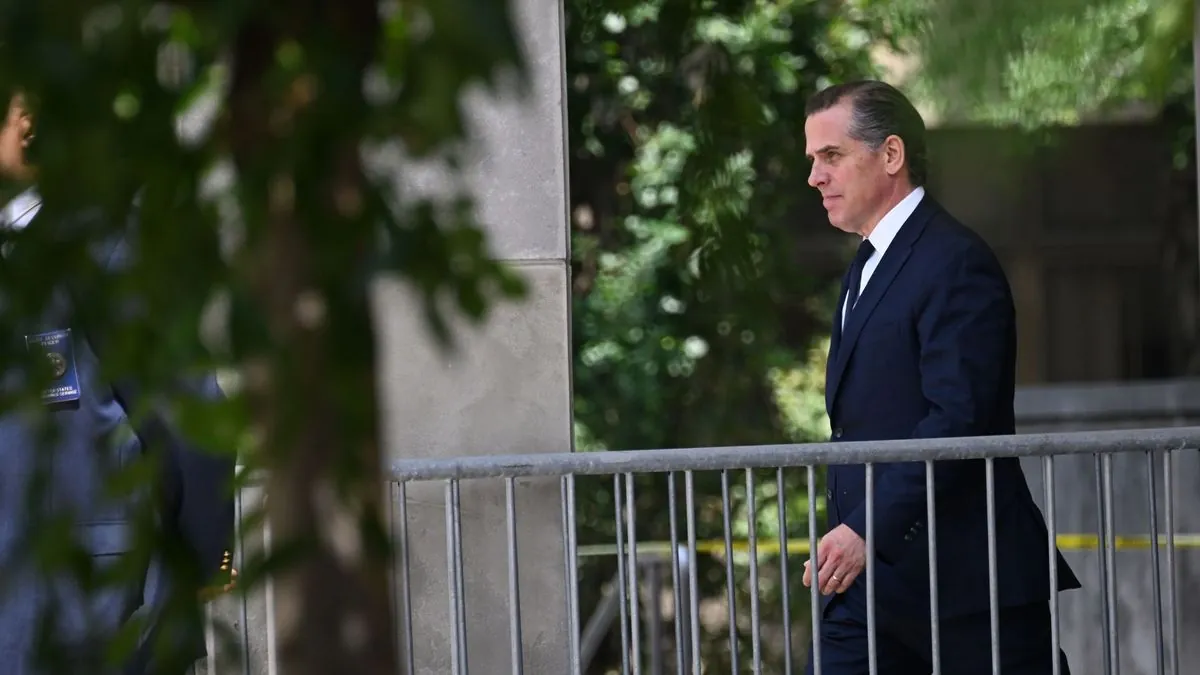A federal judge has rejected Hunter Biden's latest attempt to dismiss tax charges against him, paving the way for a trial scheduled to begin next month in California. This decision comes amidst ongoing legal challenges and scrutiny surrounding the son of the current U.S. President.
The case centers on allegations that Hunter Biden engaged in a four-year scheme to avoid paying at least $1.4 million in taxes. This situation highlights the complexities of the U.S. tax system, which relies on voluntary compliance but imposes legal consequences for non-compliance.
Hunter Biden's legal team had sought to draw parallels with a recent case involving former President Donald Trump. In July 2024, Judge Aileen Cannon dismissed Trump's classified documents case, citing the alleged illegal appointment of special counsel Jack Smith. However, U.S. District Judge Mark Scarsi, who is overseeing Hunter Biden's case, found no valid basis for reconsidering his previous decision regarding the appointment of special counsel David Weiss.
The judge's ruling also addressed concerns about potentially misleading statements made by Hunter Biden's lawyers. Initially, the defense claimed that no charges were brought until after Weiss was named special counsel in August 2023. Judge Scarsi pointed out that this was inaccurate, as misdemeanor tax offenses had been charged as part of a plea deal that ultimately fell through. While the judge decided not to impose sanctions after the defense amended their filing, he emphasized the paramount importance of candor in court proceedings.
"Candor is paramount."
This case is not Hunter Biden's first encounter with the legal system. In June 2024, he was convicted of three felony charges in a separate federal case related to a gun purchase in 2018. These ongoing legal challenges underscore the complexities of high-profile cases involving individuals connected to prominent political figures.
As the trial approaches, both the prosecution and defense are preparing to present their cases to the jury. The U.S. Constitution's Sixth Amendment guarantees the right to a speedy and public trial, a principle that will be put into practice as this high-profile case unfolds.
The appointment of special counsels in cases involving high-profile individuals has been a recurring feature in U.S. legal history. These appointments are designed to ensure impartial investigations and prosecutions, particularly in situations where there might be potential conflicts of interest within the regular Justice Department structure.
As the legal proceedings continue, the case serves as a reminder of the intricate workings of the U.S. justice system, including the roles of federal judges, special counsels, and the importance of ethical conduct in legal proceedings. The outcome of this trial may have significant implications not only for Hunter Biden but also for the broader political landscape.
